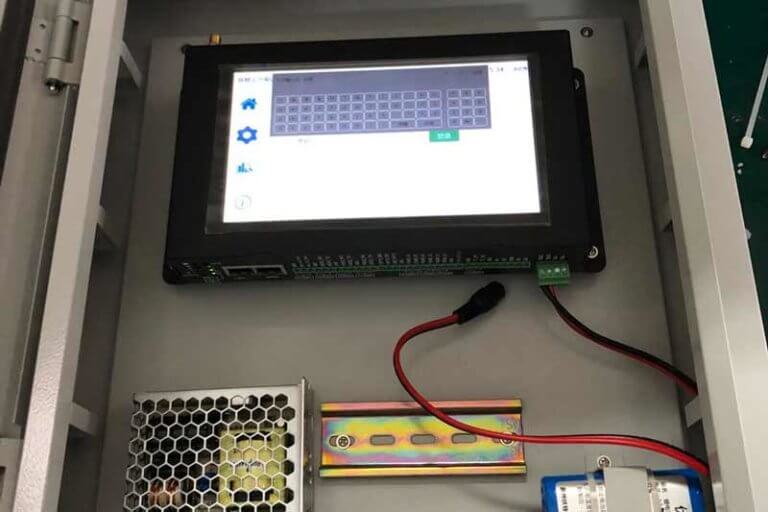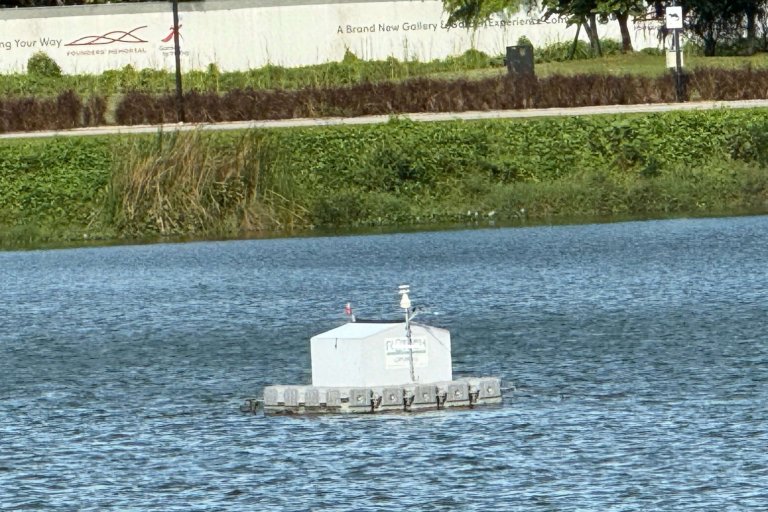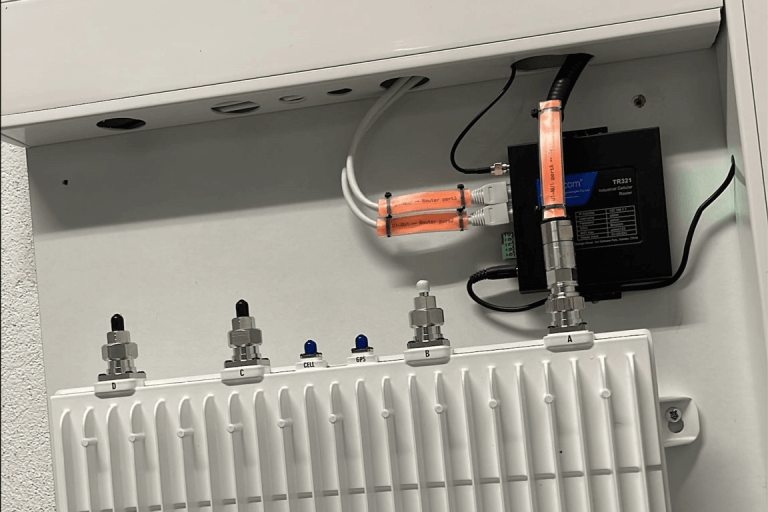Hotels consume a significant amount of energy for heating, ventilation, and air conditioning (HVAC), lighting, water heating, laundry, and kitchen equipment. The energy cost of a hotel can vary depending on several factors, such as the size of the hotel, the number of rooms, and the amenities offered. According to the U.S. Energy Information Administration, the average commercial building in the United States uses approximately 6.2 kWh of electricity per square foot annually. However, luxury hotels that offer high-end amenities may use more energy than budget hotels.
How to reduce the energy cost has become a big challenge to hotel owners and managers. Today, we’re going to share with you how to use IoT-enabled EMS to increase hotel energy efficiency and improve guest experiences.
-
What is Energy Management System(EMS)?
Energy management systems for hotels are computerized systems that help hotels optimize their energy efficiency by monitoring and controlling the use of energy-consuming equipment such as lighting, heating, ventilation, and air conditioning (HVAC) systems. These systems use sensors, timers, and other automated devices to regulate energy usage based on occupancy levels, weather patterns, time of day, and other factors.
By implementing an energy management system, hotels can reduce their energy consumption, lower their utility bills, and minimize their carbon footprint. They can also improve guest comfort by maintaining a consistent indoor temperature and lighting level throughout their property.
In addition to energy savings, some energy management systems for hotels offer additional benefits such as real-time reporting, remote monitoring, and predictive maintenance alerts. This helps hotel staff stay informed about their energy usage and identify potential issues before they become more serious problems.
-
Benefits of EMS for Hotel
EMS, or Energy Management Systems, offer numerous benefits for hotels. Here are some of the key benefits:
Cost savings: EMS can significantly reduce energy consumption and related costs. By automating heating, cooling, lighting, and other energy systems, hotels can better manage their energy usage and avoid unnecessary expenses.
Increased guest comfort: With EMS, hotels can maintain optimal room temperatures and provide guests with a comfortable and pleasant stay. This can lead to higher guest satisfaction levels and positive reviews.
Enhanced sustainability: EMS can help hotels reduce their carbon footprint and promote sustainable practices. This can be an attractive feature for environmentally conscious guests who want to support eco-friendly establishments.
Improved operational efficiency: EMS can streamline hotel operations by automating routine tasks such as temperature control and lighting management. This can free up staff time and resources, allowing them to focus on other areas of guest service.
Compliance with regulations: Many countries have regulations in place to reduce energy consumption and promote sustainability. Implementing an EMS can ensure that hotels comply with these regulations and avoid penalties or fines.
Overall, an EMS is a valuable tool for hotels looking to improve their energy efficiency, enhance guest comfort, and promote sustainability.
-
How IoT-enabled EMS Helps Hotel to Increase Energy Efficiency and Improve Guest Experiences?
IoT (Internet of Things) technology can be integrated into energy management systems (EMS) for hotels to enhance their effectiveness and efficiency. IoT-enabled EMS uses interconnected devices and sensors to collect data from various systems such as lighting, HVAC, and energy consumption meters. This data is analyzed through machine learning algorithms to identify patterns and deviations in energy usage.
With IoT-enabled EMS, hotel managers can remotely monitor and control energy consumption in real-time from an online platform, mobile device, or tablet. For example, managers can adjust room temperatures, lighting, and other settings based on occupancy levels, time of day, and weather conditions. This helps to optimize energy use and reduce waste.
IoT-enabled EMS also allows hotels to detect equipment failures and maintenance needs early. The system can alert the maintenance team when a piece of equipment requires repair or replacement, reducing downtime and preventing potential safety hazards.
Overall, IoT-enabled EMS provides hotels with greater visibility and control over their energy usage and maintenance needs, leading to increased energy efficiency, cost savings, and improved guest experiences.

Icon resources: freepik




Comment